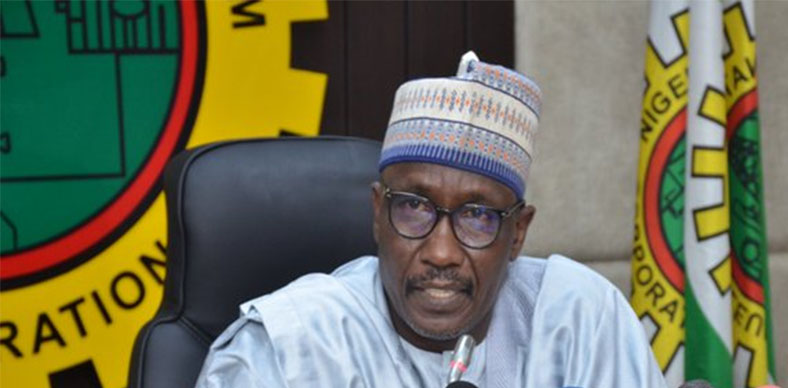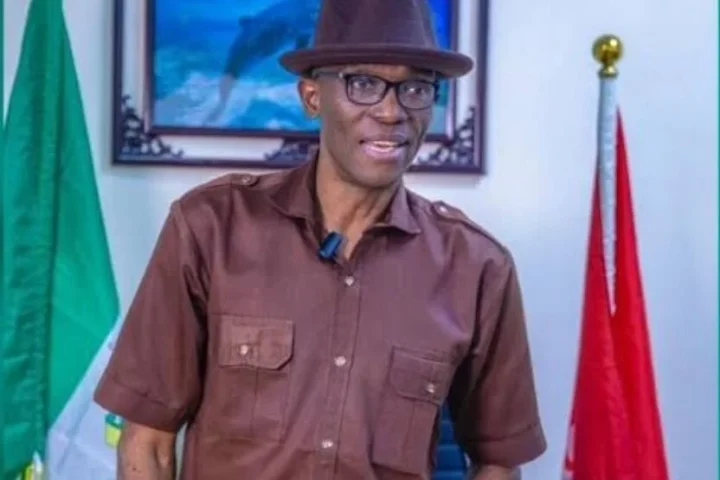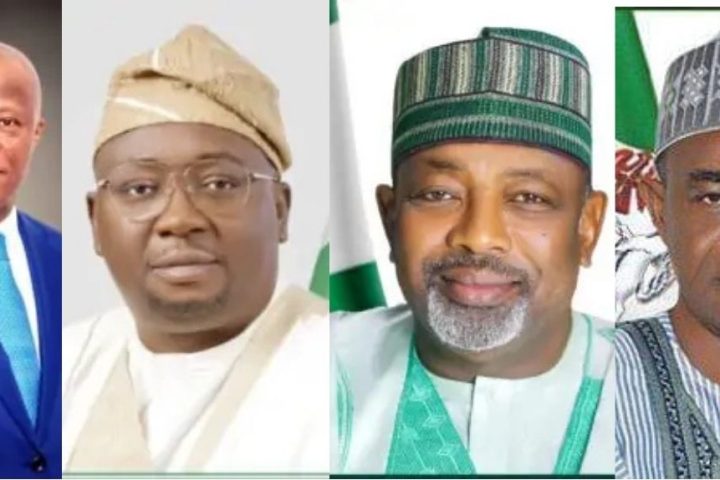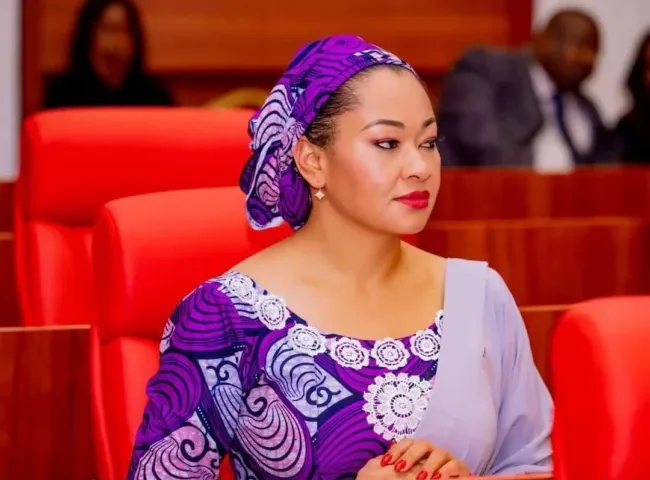The Nigerian National Petroleum Company Limited (NNPCL) says 10,166 illegal refineries and crude oil pipeline connections have been destroyed in Nigeria since 2021.
NNPCL, GCEO, Mele Kyari made this known when he spoke as a guest lecturer during the 2024 Faculty Lecture at Obafemi Awolowo University. Kyari lamented about the negative impact of pipeline vandalism and crude oil theft on NNPCL’s operations.
However, he highlighted a positive development—the establishment of a command-and-control center that played a pivotal role in detecting and destroying illegal refinery sites and removing connections.
READ ALSO: NNPCL Uncovers 83 Illegal Refineries, Pipelines; Takes Action Against Crude Oil Theft
The center, through live streaming of surveillance data to security forces, facilitated the destruction of over 5,686 illegal refinery sites and removal of 4,480 illegal connections.
Kyari urged collaboration between academia and the oil and gas industry to address energy sufficiency challenges. He underscored the vital role institutions like OAU play in safeguarding national energy security through research and industry collaboration.
Acknowledging challenges like rapid population growth, pipeline vandalism, and crude oil theft, Kyari identified energy conservation, diversification, and efficiency measures as key to enhancing energy security.
He emphasized the need for sustainable solutions to meet Nigeria’s energy demand, projected to double by 2050.
Kyari hinted at a strategic shift in response to vandalism and oil theft, focusing on increased product trucking and storage in underground tanks at NNPC filling stations nationwide. He also highlighted NNPCL’s transformation into a fully commercial limited liability energy company, emphasizing the removal of fuel subsidies to ensure profitability and deliver greater value to Nigeria’s growing population.
Emmanuel Ochayi is a journalist. He is a graduate of the University of Lagos, School of first choice and the nations pride. Emmanuel is keen on exploring writing angles in different areas, including Business, climate change, politics, Education, and others.



















Follow Us